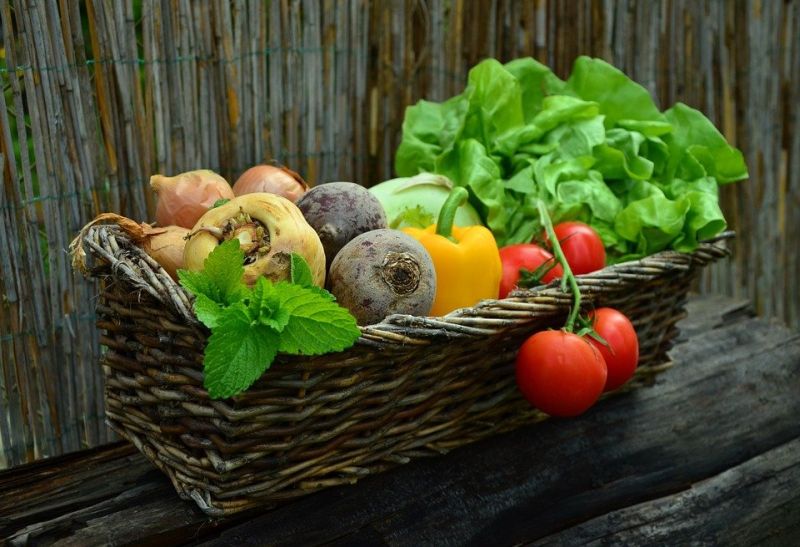Organic farming uses natural methods of growing plants and caring for animals without using chemicals like pesticides. More and more people are leaning towards the use of organic products as they become more aware of their benefits to the environment and health. So, it’s not a surprise that more organic options are now available, and farmers’ markets offering fresh and organic products have also increased.
The most common reason some individuals veer away from buying organics is the price. It is because they are often more expensive than their non-organic counterpart. However, since it costs more and requires more effort to grow organic products, they are worth their price. Moreover, they have several benefits to the health and environment that make them even more valuable. We listed some of the benefits below:
1. Fights Global Warming
Organic farming helps fight global warming because it doesn’t use chemicals that could emit toxic substances during their production and use. Moreover, the Rodale Institute Farming Systems Trial, which has been comparing the effects of organic and conventional agriculture that has been around since 1981, showed that organic agriculture has positively contributed to slowing down the effects of climate change and reducing the level of carbon dioxide in the environment.
2. It’s Healthier
The chemicals used in conventional farming could still stay in the products even when cooked or cleansed, affecting the health when consumed. Organic products are healthier options since they are chemical-free. They also do not have preservatives, making them fresher and more nutritious.
Turmeric latte mix is an example of a product that contains organic ingredients, such as turmeric, ginger, cinnamon, black pepper, and reishi. It also has potential benefits in reducing inflammation and pain and relieving other health concerns like digestive problems and flu.
3. Makes Soil Healthier
Organic methods of farming make soil healthier. Again, it boils down to it being chemical-free. Plus, healthy soils do not require as much water as soils used in conventional farming.
4. Conserves Water
As mentioned, healthy soils do not need much water, so it’s one way to conserve water. Organic agriculture also keeps water clean and safe from chemicals that may flow through from the waste disposed of in the production of conventional farming tools like herbicides and pesticides. It could lead to water pollution, which could endanger water animals. Moreover, there would be fewer clean water sources that would be safe for consumption.
5. Prevents Erosion
Healthy soil is beneficial to the environment. It also prevents erosion, which could cause a disaster that leads to floods and damage to properties and injuries, or worse, even deaths of humans and animals.
6. Prevents Algal Blooms
Non-organic fertilizer runoff may reach the waters and cause algal blooms. HAB or harmful algal blooms could harm the fishes and other water organisms. Furthermore, its adverse effects may include fisheries closing and water supply being cut off. It also affects the tourism industry, especially those that have these bodies of water as attractions. They may also close due to that.
With all the benefits of organic farming, you may want to consider supporting it by purchasing organic products.
Article Submitted By Community Writer




